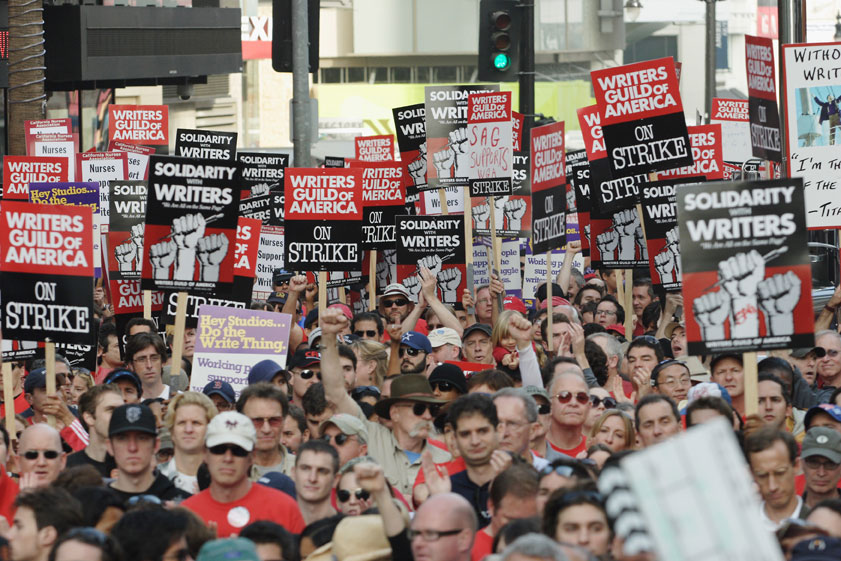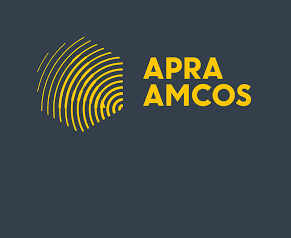Screenwriters in the U.S. could be going on strike, in a move which would have wide-reaching implications for content production, working relationships with streaming giants and production houses, and how deals are done in the modern media landscape.
The strike could take place as early as May 2 if negotiations between the Writers Guild of America (WGA), which represents writers across the likes of film, comedy, variety and episodic content, and the Alliance of Motion Picture and Television Producers (AMPTP). The AMPTP negotiates on behalf of all the major studios and hundreds of production companies.
Every three years, the WGA negotiates with the AMPTP over the terms of the Minimum Basic Agreement (MBA) – the collective bargaining agreement that covers most of the work done by WGA writers.
The current agreement expires on May 1, and WGA representatives are arguing that this year, the AMPTP is not approaching negotiations in good faith.
“This is not an ordinary negotiating cycle. We’re fighting for writers’ economic survival and the stability of our profession,” Danielle Sanchez-Witzel, a negotiating member of the Writers Guild of America said.
“The companies have never taken our issues seriously without at least the threat of a fight.”
Eric Heisserer, a fellow negotiating committee member, said so far, the companies on the other side of the table had not been willing to engage with the writers in a meaningful way.
“When you’re sitting there in the room, you realise quickly that they don’t respond to economic arguments or moral persuasion or even appeals to basic decency. The companies only respond to power,” he said.
The negotiating committee members are urging all WGA members to vote yes in a Strike Authorisation Vote (SAV). The deadline for votes is April 17.
If a strike is called, members are prohibited from performing covered writing services for companies that don’t have an agreement with the WGA. Writers would also picket and engage in other collective actions that help put pressure on the AMPTP to better their offer.
Negotiations can continue during a strike.
Back in 2007 and 2008, the Guild struck the AMPTP for 100 days, grinding many productions to a halt, but resulting in MBA coverage for content made for new media, as well as residuals for reuse on media platforms, including digital downloads and use on ad-supported internet services.
An outline of the WGA’s demands to AMPTP are listed below.
COMPENSATION AND RESIDUALS
- Increase minimum compensation significantly to address the devaluation of writing in all areas of television, new media and features
- Standardize compensation and residual terms for features whether released theatrically or on streaming
- Address the abuses of mini-rooms
- Ensure appropriate television series writing compensation throughout entire process of pre-production, production and post-production
- Expand span protections to cover all television writers
- Apply MBA minimums to comedy-variety programs made for new media
- Increase residuals for under-compensated reuse markets
- Restrict uncompensated use of excerpts
PENSION PLAN AND HEALTH FUND
- Increase contributions to Pension Plan and Health Fund
PROFESSIONAL STANDARDS AND PROTECTION IN THE EMPLOYMENT OF WRITERS
-
For feature contracts in which compensation falls below a specified threshold, require weekly payment of compensation and a minimum of two steps.
-
Strengthen regulation of options and exclusivity in television writer employment contracts
-
Regulate use of material produced using artificial intelligence or similar technologies
-
Enact measures to combat discrimination and harassment and to promote pay equity
-
Revise and expand all arbitrator lists



































